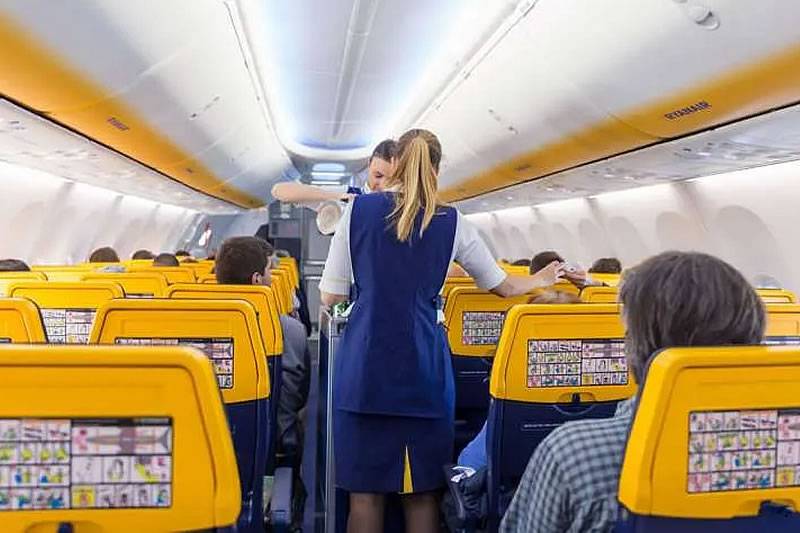Ryanair Cabin Crew ordered to repay thousands after pay rise voided by court
- 20-05-2025
- Business
- Canarian Weekly
- Photo Credit: CW Stock Image
Ryanair cabin crew in Spain have been told they must repay thousands of euros following the annulment of their collective labour agreement earlier this year, a move that has sparked outrage among unions and triggered fresh tensions with the airline.
The pay dispute stems from a ruling by Spain’s Audiencia Nacional in March, which invalidated the First Collective Agreement for Cabin Crew (TCP) on the grounds that the negotiating table had been improperly formed. The challenge was brought by the USO union, which has now accused Ryanair of retaliatory tactics.
According to El Confidencial, affected crew members have received formal letters from the airline demanding repayment of salary increases received between 24th October 2024 and 25th March 2025, the period during which the now-invalidated agreement was in effect.
Staff are reportedly being asked to return between €2,500 and €4,100, with the option to pay it back in 12 monthly instalments starting in June.
'Join CCOO or Pay Up'
In a controversial twist, the letters also state that the only way to avoid repaying the money is to affiliate with the CCOO union, with which Ryanair still maintains a valid agreement. CCOO currently represents 39.6% of the airline’s Spanish cabin crew, while USO represents 22.9%.
Critics say the airline’s approach effectively punishes those aligned with USO and is an attempt to marginalise the union following its legal challenge.
USO has called the move “a deliberate attempt to push us out of the picture,” blaming Ryanair and CCOO for pushing through a deal without the approval of the Directorate General of Labour, which is required to validate such agreements.
Ryanair Responds
In a statement, Ryanair defended its actions, arguing it is simply complying with the legal consequences of a case brought by USO itself.
“USO is now complaining about salary cuts resulting from the very court process it initiated,” a spokesperson said. “This is a minority union that lacks the support of our crew. The majority of staff remain covered by our agreement with CCOO, which safeguards their salaries and conditions.”
The dispute is ongoing, with an appeal in motion. However, the controversy raises wider questions about labour practices and union representation within one of Europe’s largest low-cost carriers.
Other articles that may interest you...
Trending
Most Read Articles
Featured Videos
TributoFest: Michael Buble promo 14.02.2026
- 30-01-2026
TEAs 2025 Highlights
- 17-11-2025




























































